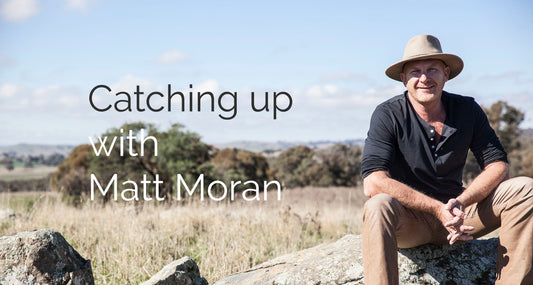At The Fishwives we are committed to doing something about the plastic problem. This is why we’ve thought long and hard about how our business can align with our ethics and principles. Many people who have visited Asia will know just how commonplace it is for shops to automatically give you a plastic bag, and sometimes insist on double bagging, even if you’ve just purchased one item. This has been a niggle for us for a long time.
Of course, every country tackles recycling in their own way and some countries are better at it than others. We are lucky to have those blue recycling bins put out in every public housing complex in Singapore and for the most part people obey the rules and sort their rubbish accordingly. There are many countries that have taken the pledge to ban single use plastics and pressures have been put on businesses and governments to do more. For example, last week in Australia we saw increasing pressure put on Coles through a petition to stop them using plastic junk especially in kids toys during plastic-free July.

Image courtesy of Sea Shepherd
The amount of rubbish floating in our oceans has been part of recent public discourse. Every minute, one garbage truck of plastic is dumped into our oceans. Most damaging has been the prevalent use of single use of plastics and ‘microplastics’, first coined by the marine biologist Professor Richard Thompson in his ‘Lost at Sea: Where is All the Plastic’ paper in 2004. It has also has come to light that many cosmetics use microbeads, which are essentially small plastics that don’t degrade or dissolve in water. These are increasingly washing up on shore as well as collecting in our ocean garbage patches. But how long does it take for things like plastic bags, cigarette butts, diapers, bottles and cans to break down in the ocean? The image below summarises this and the results are frightening:

Infographic courtesy of Statista
Some of the alternatives to single use plastics and their use in everyday items are already well known. For example, reusable shopping bags are available for purchase in many supermarkets. According to a Danish survey in 2018, these kinds of bags should be used 37 times before being discarded and paper bags should be used 43 times. Scientists have also indicated there are some further alternatives to single use plastics such as milk protein which is a biodegradable material which complements the compressibility and stiffness of polystyrene.
The Beauty of Tapioca
We’ve tried to think outside the box on this one and with a lot of research have come up with an alternative to using plastic bags at The Fishwives. Whilst we do encourage all our customers to bring their own bags, we understand this isn't always possible so have two options available. Either purchase a FW cooler bag (which can be used over and over again) or purchase a 'tapioca' bag for 20 cents. The tapioca bag is currently the only alternative to plastic bags that we are satisfied with. These bags are 100% edible and biodegradable. Tapioca starch has some interesting properties, and you might be more familiar with its common use in milk bubble tea. But did you know it also has good thermal conductivity and 30% moisture contents? We admit it does have some short-comings e.g. affected by heavy rain and you can’t put ice in them, but frankly tapioca is the only truly environmentally friendly alternative to plastic as it is biodegradable both on land and water so still beats a plastic bag!
The Fishwives are passionate about ocean conservation and all proceeds from the sale of the tapioca bags go to 4ocean, a global movement actively removing trash from the ocean and coastlines while inspiring individuals to work together for a cleaner ocean, one pound at a time.
Made from tapioca starch (100% biodegradable)
Our tapioca bags are branded, displays essential information about the environmental properties and there’s even a QR code!






